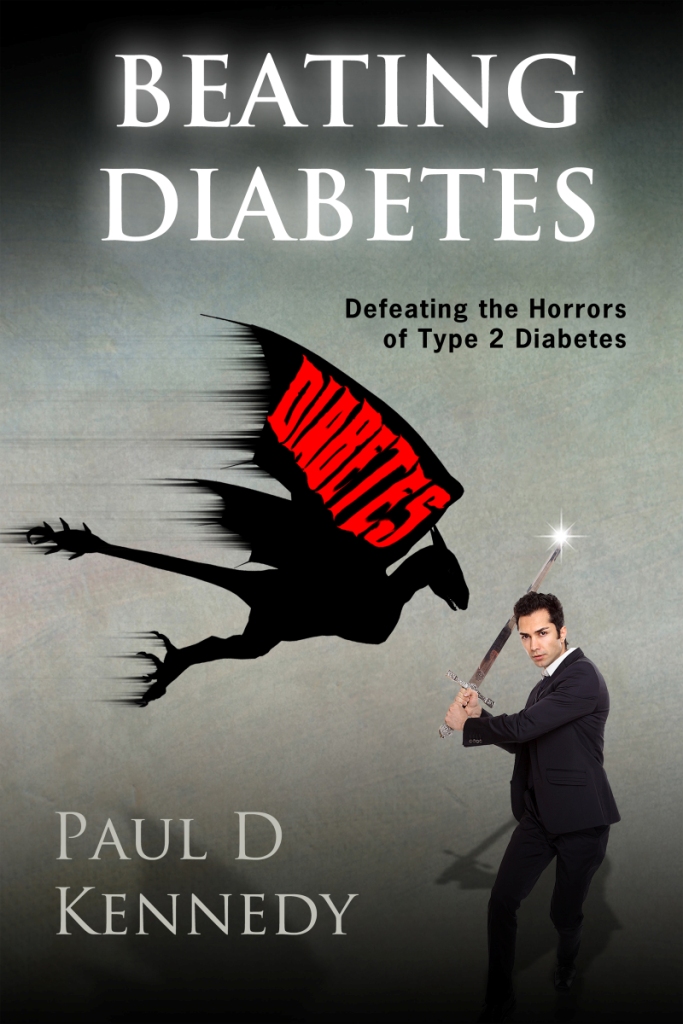Human growth hormone is reputed to reverse aging and there does seem to be some truth in that assertion. But what is HGH and how can it be used to beat aging?
As we get older our skin grows thinner, we lose muscle and bone, and gain fat. These changes are part of the aging process.
A study conducted in 1990 by Dr Daniel Rudman, which was published in the New England Journal of Medicine, investigated the effects of human growth hormone (HGH) on healthy adults. Twelve men (aged 61 to 81) received injections of human growth hormone for six months.
The twelve men developed thicker skin, bigger muscles and denser bones, and lost fat. On average they experienced:
- 7.1% increase in the thickness of their skins
- 8.8% rise in lean body mass
- 1.6% increase in bone density, and
- 14.4% decrease in fat tissue
Rudman, it seems, had ‘reversed aging’.
So what is human growth hormone?
Human Growth Hormone (HGH)
Human growth hormone (HGH) is produced in your pituitary gland.
As its name implies, this hormone is responsible for cell growth and regeneration. Indeed increasing muscle mass and bone density are impossible without HGH.
HGH also plays a major role in maintaining the health of all human tissue, including that of the brain and other vital organs.
When secreted by the pituitary gland, HGH remains active in the bloodstream for only a minute or so, just long enough for the liver to convert it into growth factors.
The most crucial growth factor is insulin-like growth factor-1 (IGF-1) which has a host of anabolic properties, ie it can synthesize molecules in metabolism.
These anabolic properties mean that HGH promotes and increases the synthesis of new protein tissues, such as in muscle recovery or repair. This is the way new muscle is built.
Recent research suggests that HGH is also involved in the metabolism of body fat and its conversion into energy. It improves the sleeping pattern, making better REM-stage sleep.
It also builds stronger bones, improves immune function, decreases cholesterol and improves vision. In addition, it increases the sex drive, helps maintain mental acuity and engenders a general sense of well-being.
There’s no doubt that HGH slows the progression of age-related degenerative diseases. This suggests that people who age prematurely may have a HGH deficiency.
Indeed your body does produce copious amounts of HGH when you are a child but the output from your pituitary gland declines as you get older. After the age of 30 it reduces by about 25% every decade or so, so by the time you hit 60 you are probably operating at 25% of original capacity.
Thus, among the elderly, a deficiency in HGH is highly likely. Finding out is just a matter of a simple blood test following an overnight fast.
So how can you stimulate the release of more HGH?
HGH Injections
In most countries injections of HGH are tightly controlled and can only be administered when prescribed by a doctor. There are good reasons for these restrictions.
If you overdose on human growth hormone you could end up with acromegaly in which your bones, face and intestines grow along with the growth in your muscles. Not a pleasant experience!
There is no need however to go for HGH injections. If you discover you are HGH deficient you can up your secretion of HGH with:
- training
- rest
- nutrition
Purposeful training
Intense workouts, energy-consuming events, and long periods of physical exhaustion are the keys to stimulating the release of more HGH. This is the most potent kind of GH release, as it’s targeted to meet the demands of the muscles you are using.
The basic rule of thumb is never to train for more than 45 minutes because that’s the point where production of HGH begins to taper off and the production of cortisol starts.
Adequate rest
Three-quarters of your total daily output of HGH is produced while sleeping and most of that during REM (deep) sleep. So getting a good’s night sleep is imperative for boosting HGH.
The HGH produced in this way is not as potent as the other kinds, because it is produced in response to a need to sleep to allow your energy to be refilled for the next day, rather than a need for extra energy.
But, without the HGH produced through proper rest, other sources of HGH may not be used as efficiently as they are.
Getting 8 to 10 hours of sleep every night is a sacrifice you have to make if you want to regain some of your youthful tone and vigour.
You also need to keep regular sleeping hours because this promotes more REM cycles which results in an increased output of HGH.
Nutrition
Protein is needed to build your muscles, so eat more protein.
In this regard, ingesting a range of amino acids in a protein shake 45 minutes before a workout could be very useful as most amino acids can produce HGH synergistically.
Ensure that the shake includes arginine, glutamine and taurine which are considered the most effective in producing HGH.
Other dietary sources of nutrients to promote HGH are Vitamins C, A, B3, B5 and B12, chromium and zinc, and most antioxidants. Many of these are available in your daily multi-vitamin.
